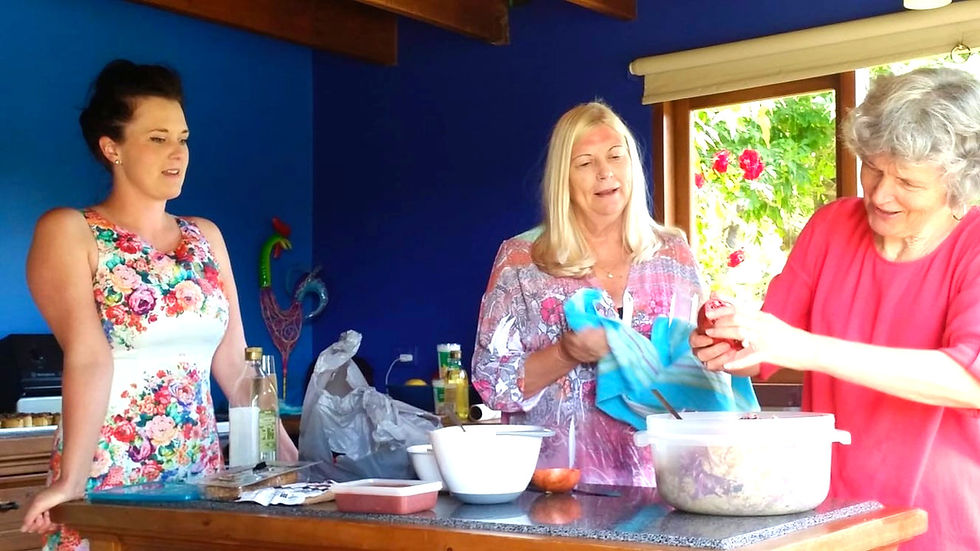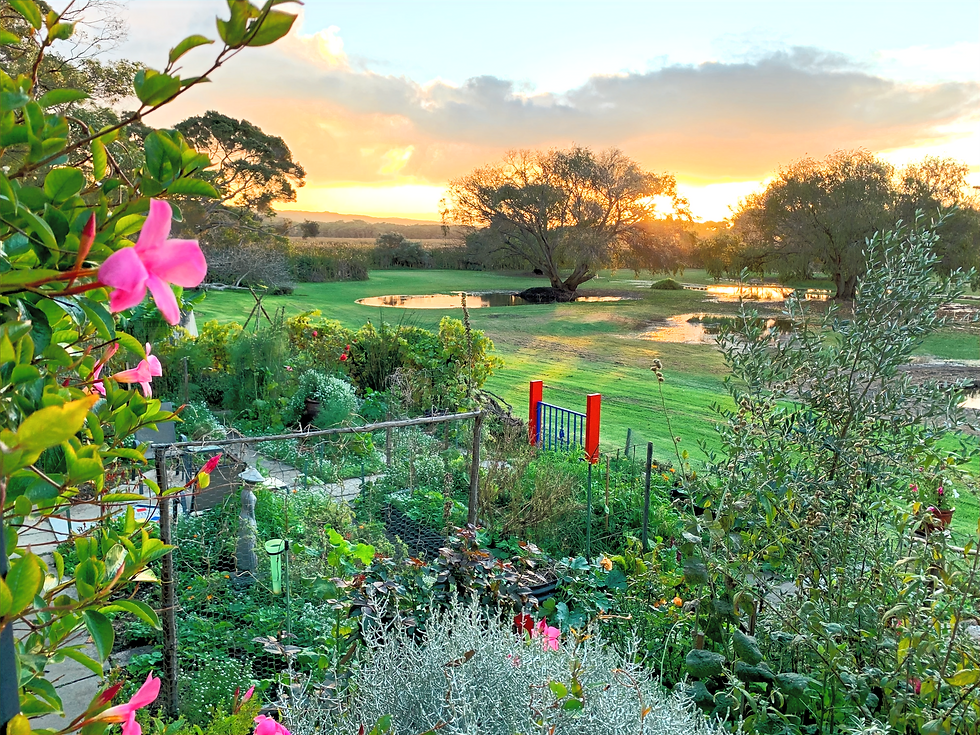3 Things I Would Do if I Were Anonymous for a Day
- Marlane Ainsworth

- Jul 12, 2024
- 3 min read
The benefits of self-imposed amnesia

I’m renewing my Australian passport this week.
I can’t do this without a name, a birth date, legitimate documents to confirm these two facts are true, and a photo that proves I’m far too sick to travel anywhere outside my immediate neighbourhood.
But what if, for a day, I could be nameless – not only to other people, but to myself as well. A sort of self-imposed amnesia, No one knows my name, and nor do I.
What would it be like to be anonymous for a day?
It would mean losing my personal story, having no memories, and nothing to tell other people about myself.
I’m not sure if this sounds freeing or scary.
My name carries power. It proves I exist. That I am real. I can be found in the records. I’m important. I have rights. A title. A degree. An address. Preferences. Opinions. Plans.
But my name also carries a lot of baggage in the form of invisible, mental suitcases that I insist on lugging around. They’re stuffed with memories I’d rather forget, comments from others I wish I’d never heard, places I’d have been better to have stayed away from, planes I missed, opportunities I ignored, people I hurt or who hurt me . . .
The older I get the more baggage I accumulate, and the heavier and clunkier the baggage gets.
I wish it would all just disappear.
And today it does!
I wake up with amnesia, get out of bed, look out the window at a glorious sunrise, smile, rub my hands together with anticipation, and wonder what the next 24 hours will bring.
Of course, this will probably never happen. But I’ll pretend that it has.
Here I go!
What will I say?
Probably less than usual.
Having amnesia means my mind is as airy and uncluttered as a brand-new baby’s. I don’t have any old thoughts in my head. I can only have new ones.
So much of what I say has already been said by me hundreds of times. Does it really need to be said again? If it’s ‘I love you,’ well, yes, that can never be said too much. But sentences that start with, ‘I wish,’ or ‘I can’t believe she,’ or ‘I’ll never forgive that person who,’ or ‘If only,’ never get me anywhere but disgruntled and stuck in the past. Today, with amnesia, these phrases will never occur to me, so I’ll have less to say.
What will I do?
Nothing hurtful.
If I can’t remember being hurt, it’s unlikely I’ll ever hurt anyone else. I habitually and automatically do to others what’s been done to me. That’s why the Golden Rule is golden: Do to others what you want done to you. Living this way changes me. It changes the outcome of every moment. It changes the emotional balance of the whole world.
How will I feel?
Lighter.
The old saying that I am my worst enemy isn’t true when I have amnesia. I am my friend. I’m not mentally beating myself up. Nor am I judging, accusing, or condemning myself. The heavy burden of incremental self-destruction is gone. There is a lightness in my step and in my heart.
The chances of me waking up one morning with amnesia are low. But I can pretend it has happened to me from time to time. I’ll plan an occasional day or an hour here and there where I have no mental baggage.
Imagine how helpful, positive, and refreshing that will be – for me and everyone else as I:
Say less.
Do nothing hurtful.
Feel lighter.
Be Anonymous for a Day (or an Hour)
Be anonymous for a day or an hour. Have no burdensome memories or old thoughts. Look out at your world like a brand-new baby. Be filled with wonder. Feel lighter.
A question for you:
If you were Anonymous for a day, what would you scrawl on a wall?
I’d love to read your answers in the Comments section.
One of my favourite quotes from Anonymous is this:
I’ve never seen a sunset I didn’t like.

With love, Marlane



Comments